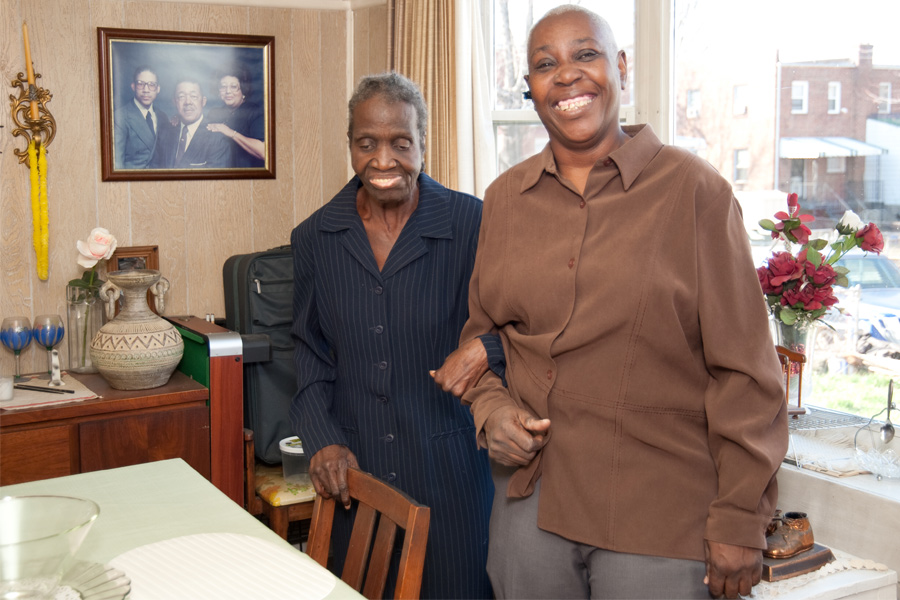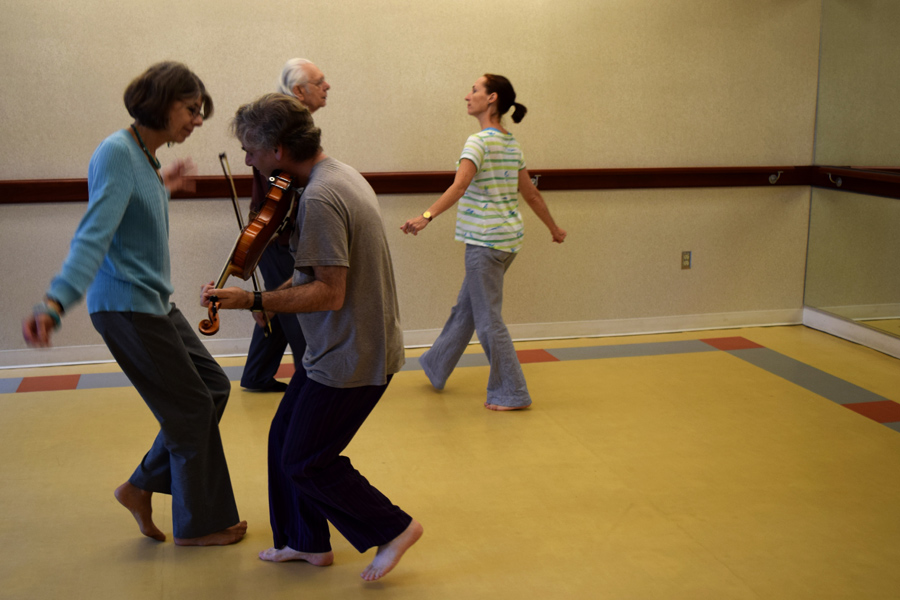Five tips for communicating with someone with memory loss

Everyone needs to feel that they’re understood, secure and cared for, and not alone.
For individuals living with memory loss due to Alzheimer’s disease or another type of dementia, however, these emotional needs can become more necessary and yet be harder to communicate effectively. They may experience anger, confusion, sadness, stress, and feelings of isolation as their sense of self, connection with others, and abilities change.
As a family member or friend of someone with memory loss, you can be a reassurance. Additionally, with your support, the person can maintain their independence and confidence, as well as their self-worth and esteem.
Effective communication is just one way that you can support a family member or friend with memory loss. Remember, communicating with someone with memory loss is very different from other forms of communication. You may feel that you are being clear and direct. But, the disease has affected how your family member or friend processes information.
While you cannot control the progression of disease, you can control your reaction to it. If you’re caring for someone with memory loss, these five communication tips may help.
- When speaking with the person try to avoid correcting, arguing, or using logic. Instead, accept their reality, validate their feelings, provide reassurance, and redirect them to another topic or activity.
Here’s an example from the Alzheimer’s Association:
Patient: “I didn’t write this check for $500. Someone at the bank is forging my signature.”
Don’t: (argue) “What? Don’t be silly! The bank wouldn’t be forging your signature.”
Do: (respond to feelings) “That’s a scary thought.” (reassure) “I’ll make sure they don’t do that.” (distract) “Would you help me fold the towels?” - Break questions and tasks down into multiple parts if needed. In doing so, you’ll avoid overwhelming the person.
- Keep background noise to minimum. This helps to hold their attention and limits distractions.
- Limit choices.
- Communicate through touch. Touch can be an important form of communication because it can express affection, comfort, and reassurance. Additionally, in the late stages of dementia, the person may not be able to communicate verbally, and touch may be one of the few ways they can communicate. Find what type of touch is meaningful and comfortable for the individual. Some forms of touch include hugging, holding hands, or placing your hand on their shoulder.
And, of course, another way to support a loved one with memory loss is to practice self-care.
This means learning to forgive your loved one, as well as yourself, for all of the ups and downs that happen during the memory loss journey. Remember: there is no such thing as the perfect caregiver.
In addition to practicing patience and kindness towards yourself, speaking with experts and peers experiencing similar challenges can also be a huge help and relief.
On Monday, November 6, 2017 from 6:30 to 8:00 PM, licensed social worker Bill Amt will be leading a workshop on supporting a person with memory loss. His presentation will cover:
- Ways you can better understand what memory loss is like for your loved one
- More practical tips for communicating effectively, including how to have a conversation about driving
- How to help with activities of daily living• Available community resources
- Caregiver respite
- And more!
This is a FREE workshop offered in partnership with Brighton Gardens of Friendship Heights. For more information, please click here.
Related Articles

The Stories of Dementia in the District

A Couple’s Vows Create Opportunities to Age Well

Can You Imagine Taking Three Buses to Get to Iona?

